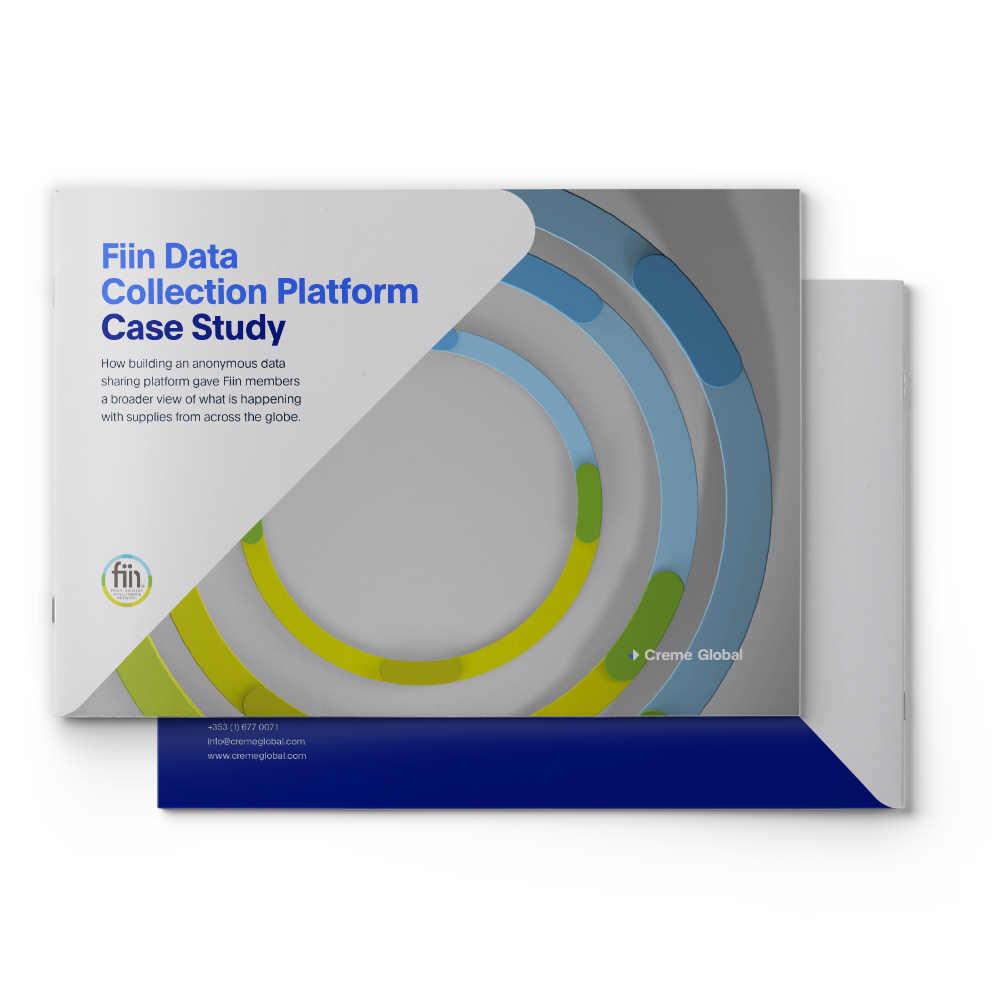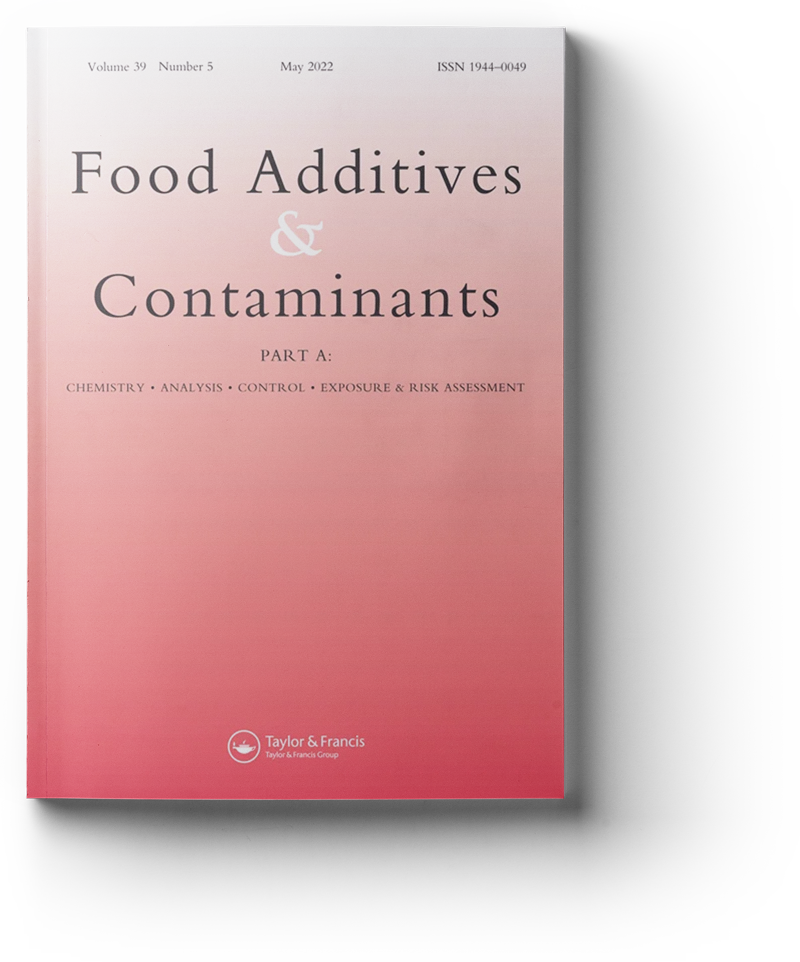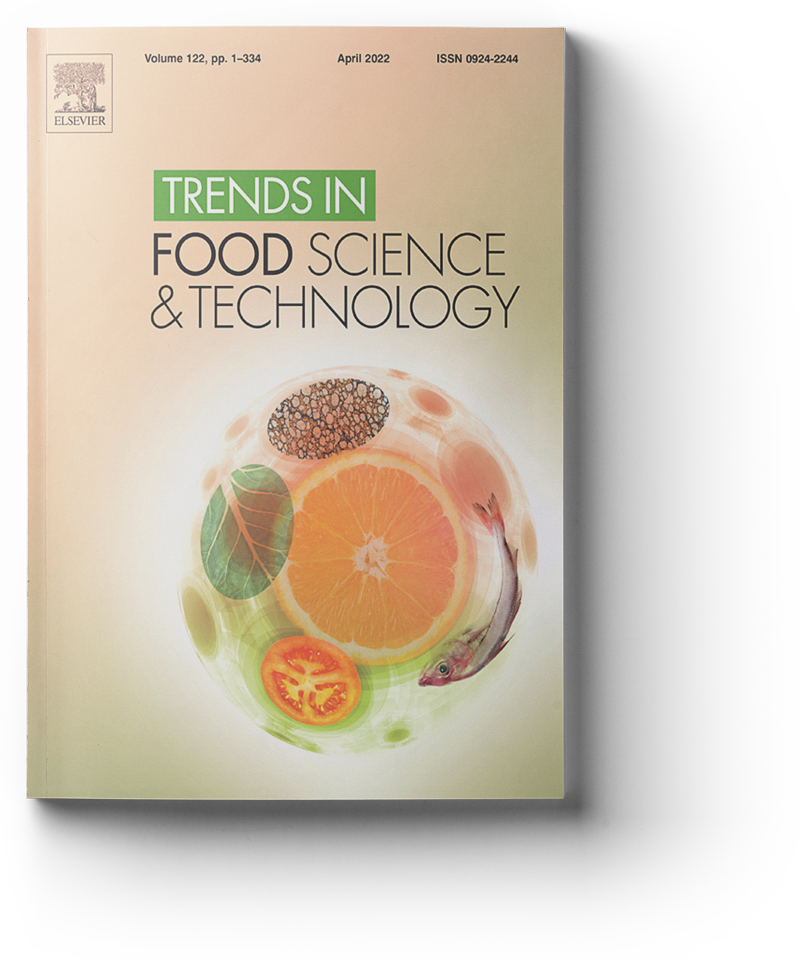In order to ensure the food safety, risk managers may implement measures to reduce human exposure to contaminants via food consumption. The evaluation of the effect of a measure is often an overlooked step in risk analysis process. The aim of this study was to develop a systematic approach…
Authors: van der Fels-Klerx, H.J. (Ine) & Simon G. Edwards, Marc C. Kennedy, Sue O’Hagan, Cian O’Mahony, Gabriele Scholz, Pablo Steinberg, Alessandro Chiodini
Publication date: 01/12/2014



